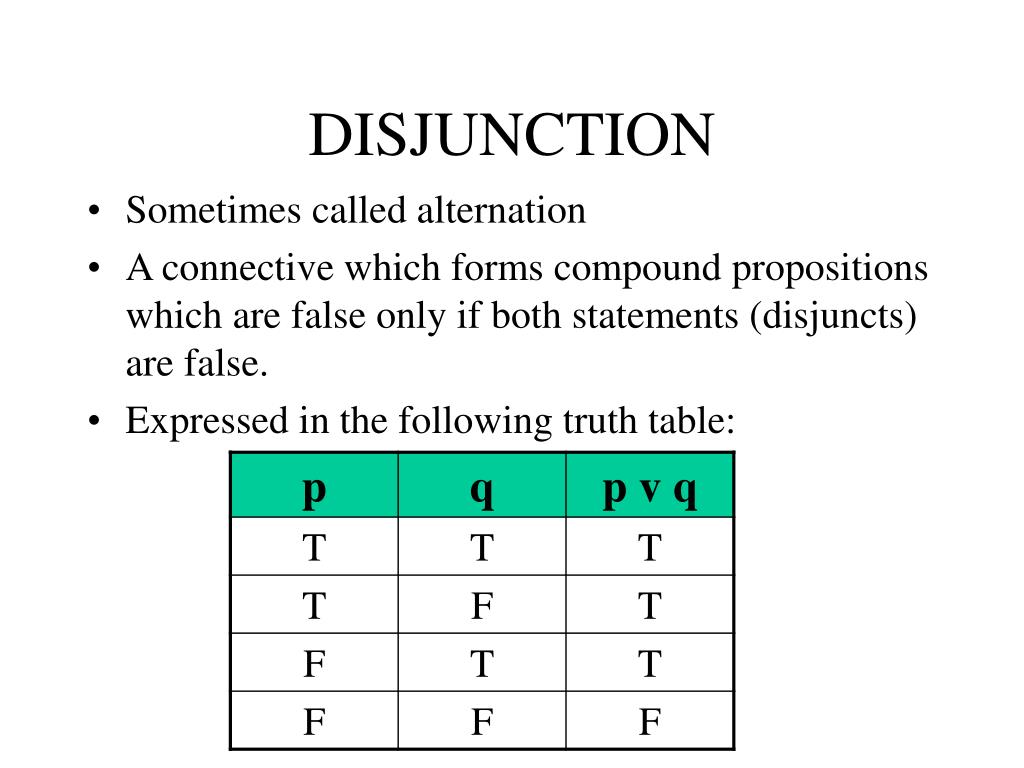[Revised entry by Maria Aloni on October 30, 2024.
Changes to: Main text, Bibliography]
In logic, disjunction is a binary connective ((vee)) classically interpreted as a truth function the output of which is true if at least one of the input sentences (disjuncts) is true, and false otherwise. Its supposed connection with disjunctive words of natural language like or has long intrigued philosophers, logicians and linguists. In this entry we give an overview of logical and linguistic analyses of disjunction with focus on developments at the interface between logic and language. Sections 1 and 2 present…
Post Views: 233
Read the full article which is published on Stanford Encyclopedia of Philosophy (external link)









